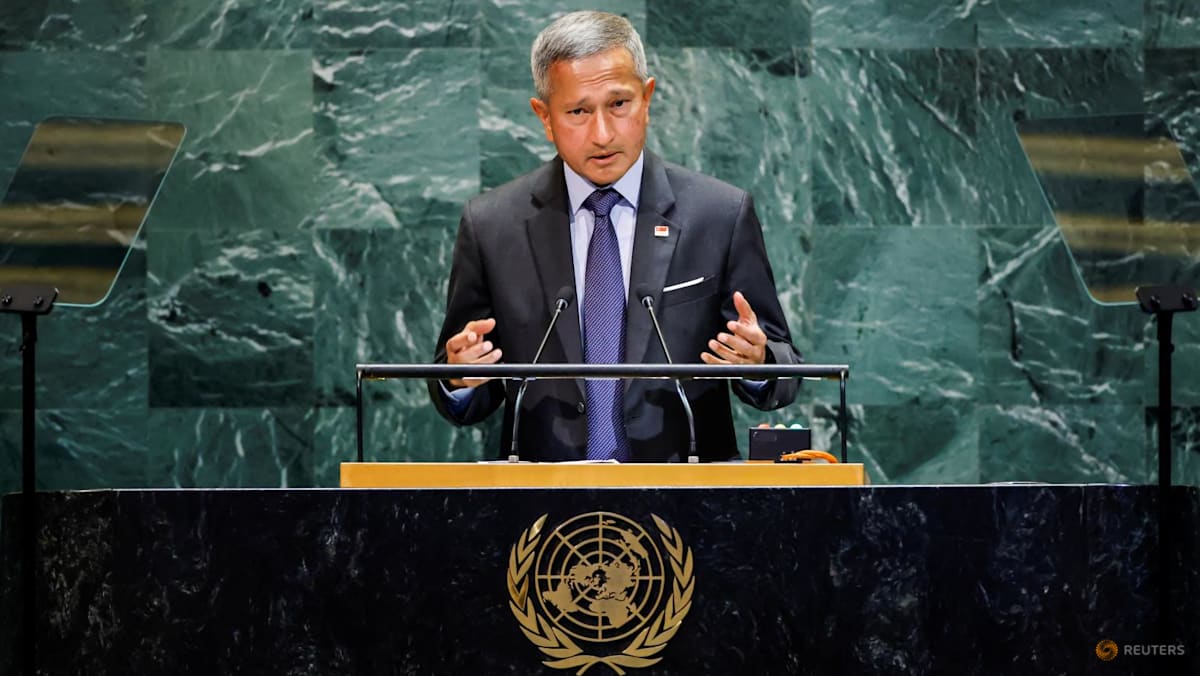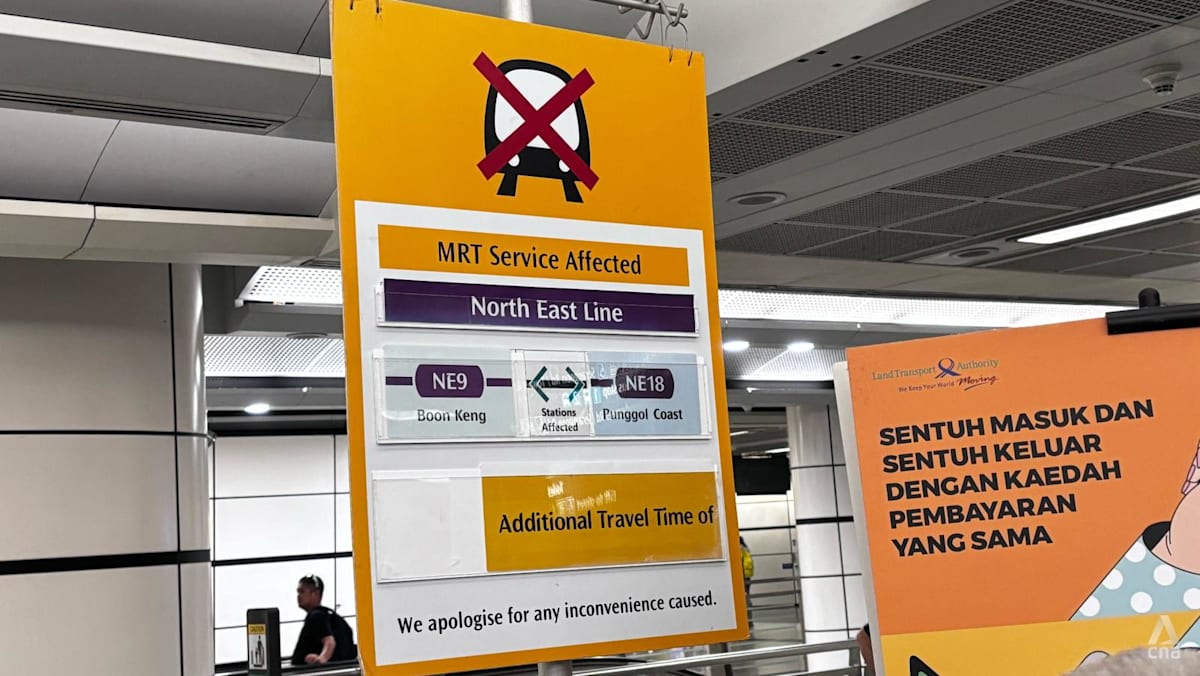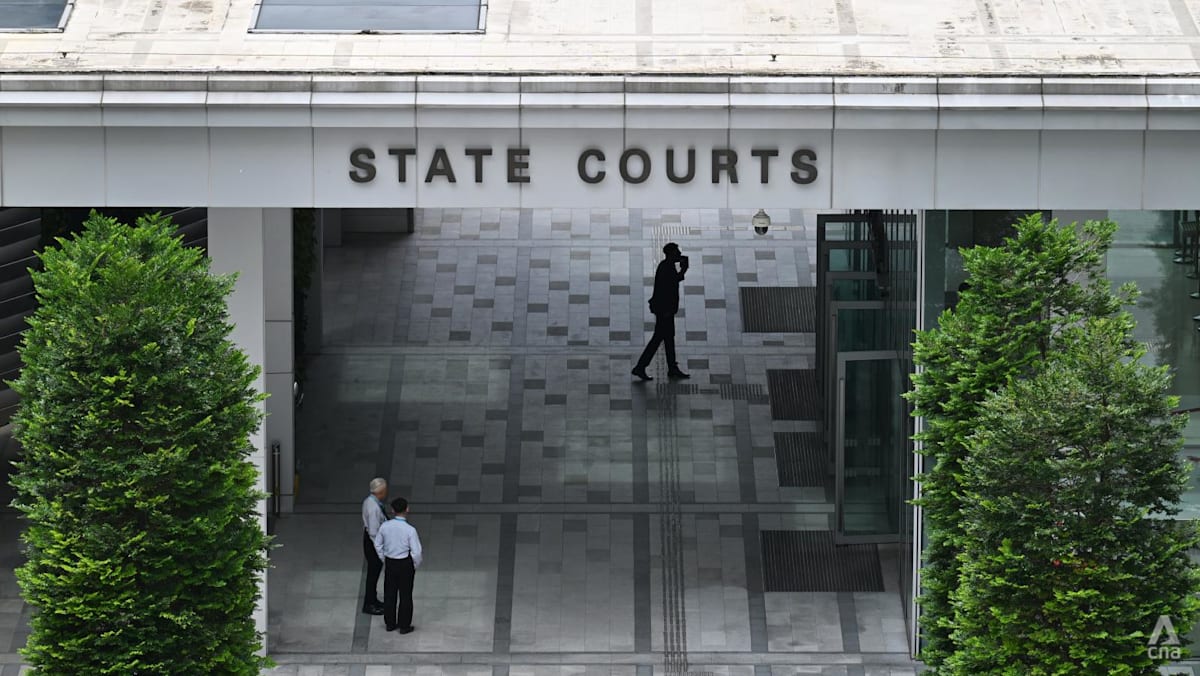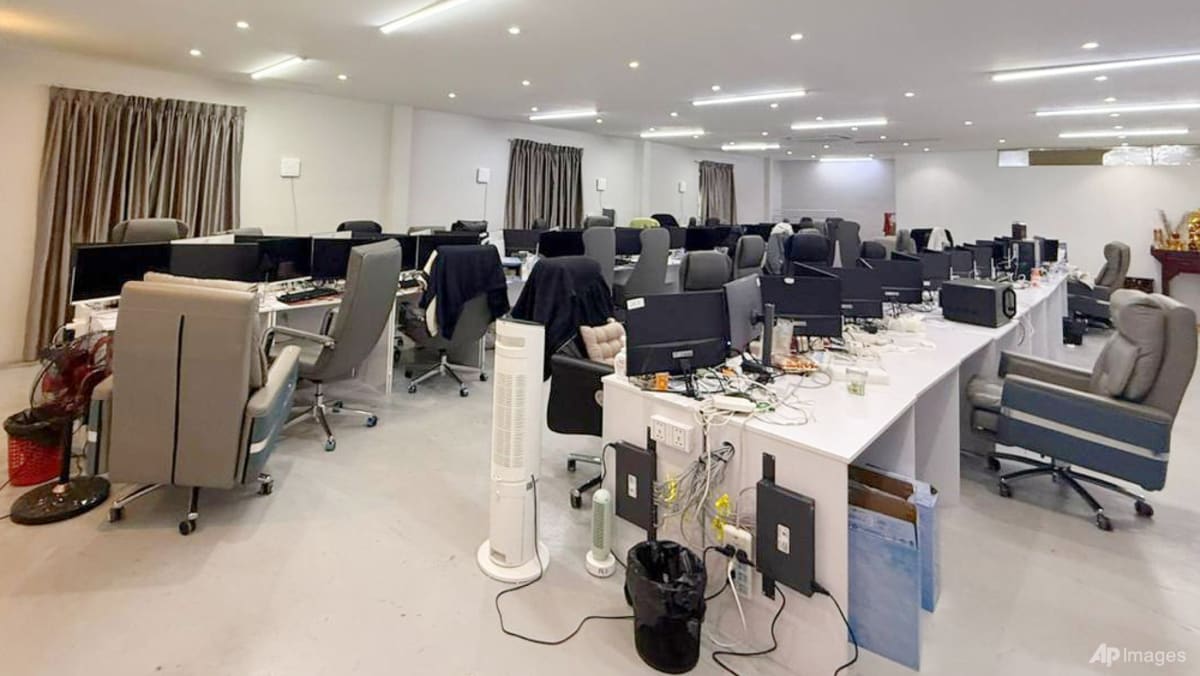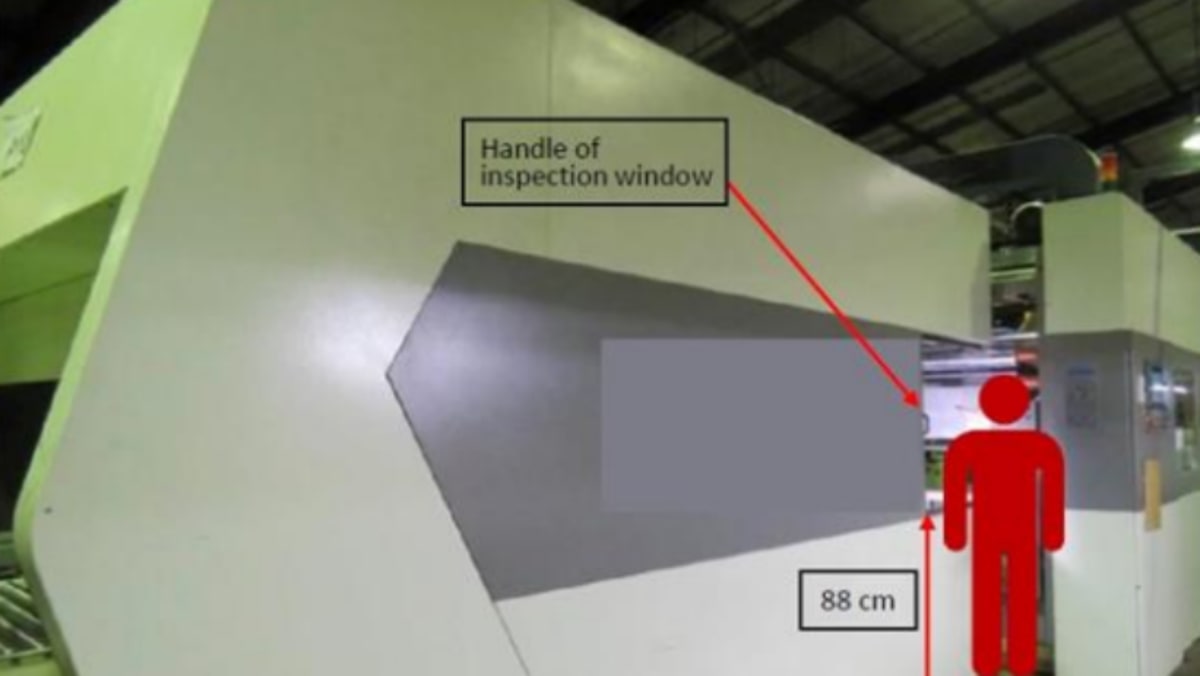He was responding to a question in parliament from Mr Gerald Giam (WP-Aljunied GRC) on Singapore’s potential role in the administration of Gaza.
Dr Balakrishnan added beyond the Singapore Cooperation Programme, which was created in 1992 to help developing countries and regions grow, the country has also been engaging the Palestinian Authority with meetings at the senior levels.
For instance, the Palestinian prime minister has been here, while Singapore’s prime minister has been there, said Dr Balakrishnan, adding that he has been there himself several times too.
“We will customise specific programmes that are relevant for them, but they will take the lead on which programmes they are interested in and how Singapore can best address their needs,” he said.
He added that such an “understated, more discreet, behind-the-scenes, helpful, respectful approach” is more appropriate for Singapore.
MOVING FORWARD
In response to a question from Mr Ang Wei Neng (PAP-West Coast–Jurong West GRC) on what Singapore can do in Gaza moving forward, Dr Balakrishnan said that Singapore has been contributing to Gaza on the medical front in the last two years.

